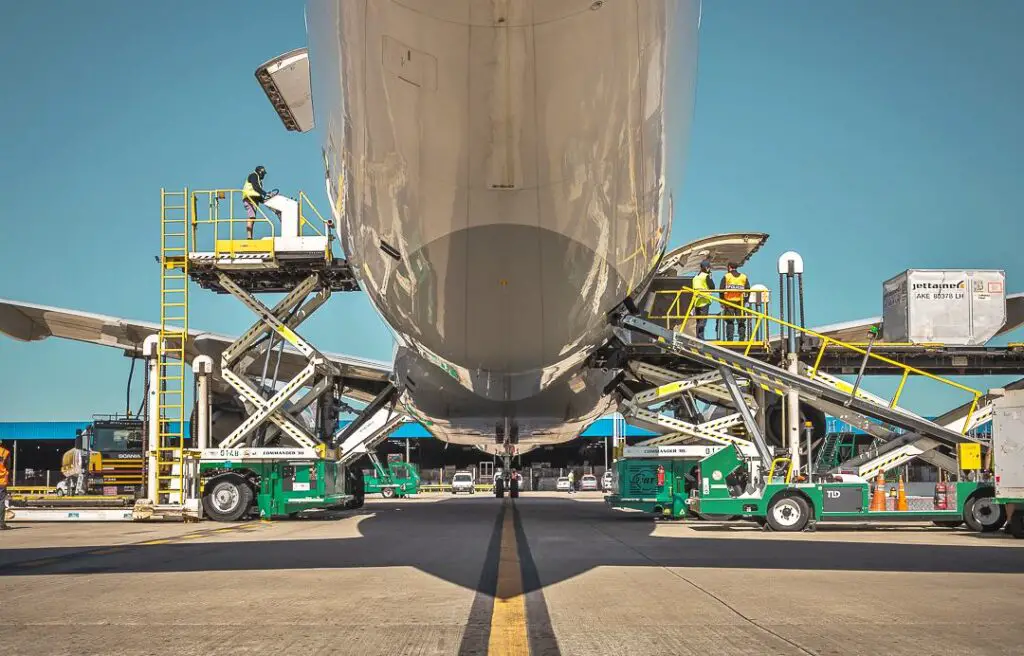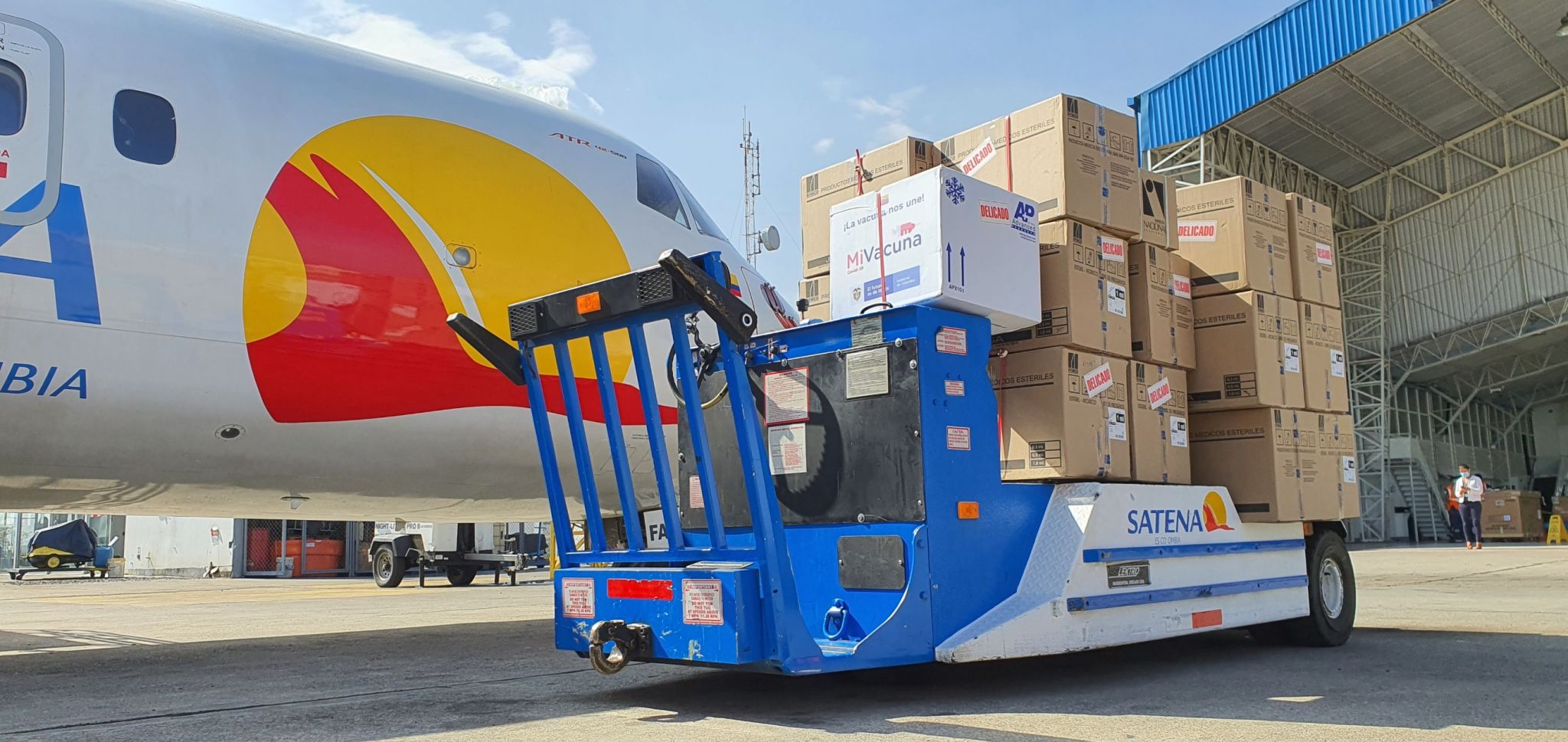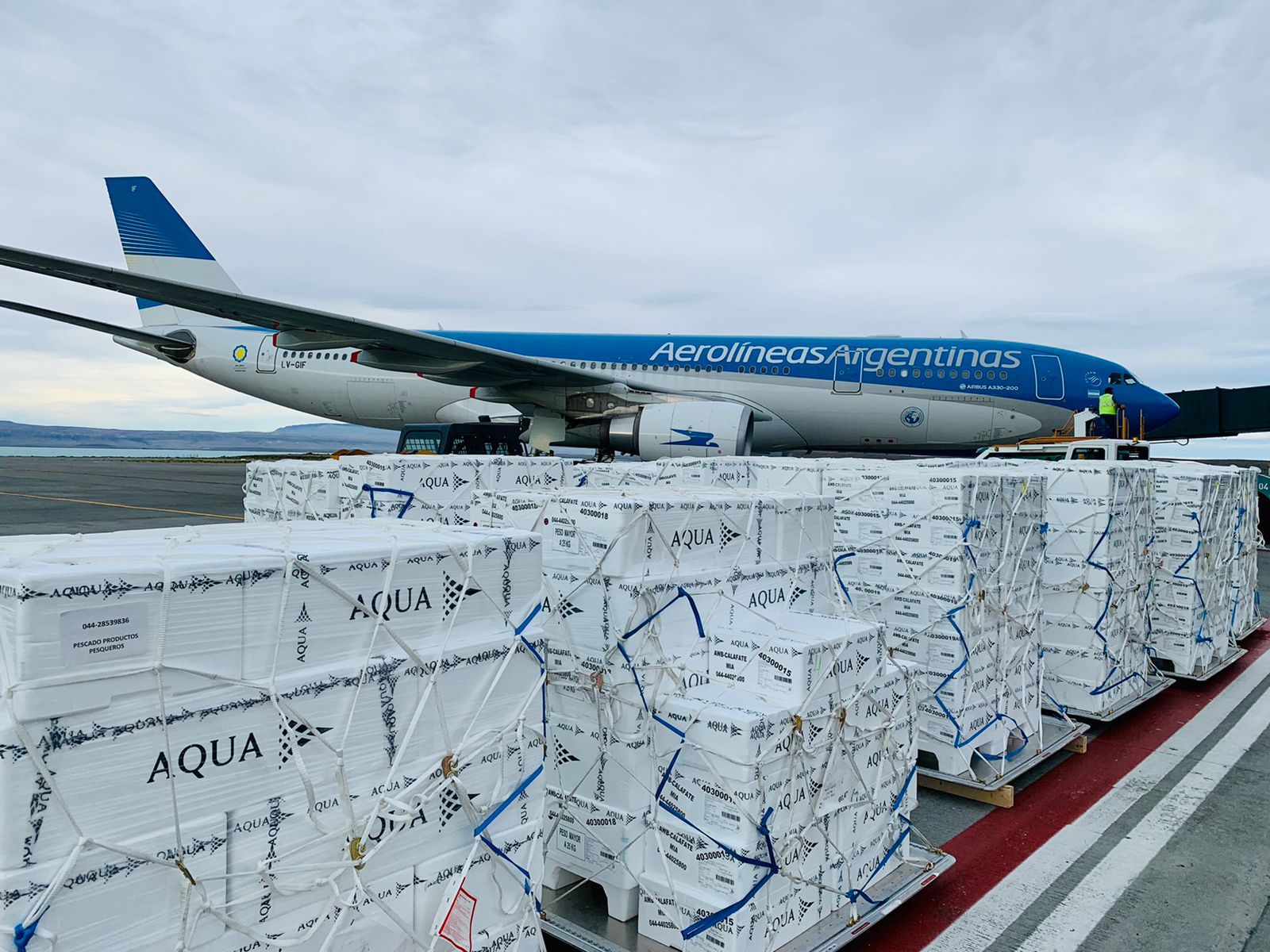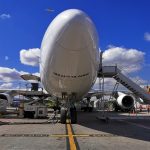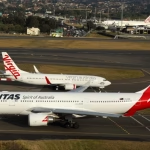IATA has outlined three primary objectives for the air cargo industry during the 16th World Cargo Symposium held this week in Istanbul. These priorities are sustainability, digitalization, and safety. As the industry faces a challenging operating environment, maintaining focus on these aspects is crucial for continued growth and success.
Sustainability remains a vital priority for the aviation sector. Governments agreed upon the Long-Term Aspirational Goal (LTAG) at the 41st ICAO Assembly in October, which aims for net-zero carbon emissions by 2050. Sustainable Aviation Fuel (SAF) plays a crucial role in achieving this target, contributing to 65% of carbon abatement.
However, production levels are still low, prompting IATA to call for government incentives to boost production.
Brendan Sullivan, IATA’s Global Head of Cargo, emphasized the need for policy incentives, stating, «SAF is being produced. And every single drop is being used. The problem is that the quantities are small. The solution is government policy incentives. Through incentivizing production, we could see 30 billion liters of SAF available by 2030. That will still be far from where we need to be. But it would be a clear tipping point towards our net zero ambition of ample SAF quantities at affordable prices.»
Additionally, IATA is working to support the industry’s energy transition by developing standardized emissions calculation methodologies, expanding the IATA Environmental Assessment (IEnvA) to various industry stakeholders, and creating environmental, social, and governance (ESG) metrics guidance for airlines.
Digitalization is another priority for air cargo as it holds the potential to significantly improve efficiency. IATA has established three goals to drive digital transformation in the industry: achieving 100% airline capability of ONE Record by January 2026, ensuring digital standards are in place for global supply chains, and supporting customs and trade facilitation processes in an increasingly digitalized environment.
Last but not least, safety remains a critical component of air cargo operations, with lithium batteries dominating the conversation. IATA has outlined three safety priorities for the industry: stopping rogue shippers of undeclared lithium batteries in cargo or mail shipments, accelerating the development of fire-resistant aircraft containers, and ensuring government recognition of a single standard for identifying lithium battery-powered vehicles by 2025.
IATA stressed that air cargo plays a critical role in the global economy, facilitating trade and aiding in disaster relief efforts. In light of recent earthquakes in Syria and Turkey, the industry must work together to maintain air cargo as a reliable and efficient means of support.
Sullivan concluded by stressing the importance of collaboration in strengthening global supply chains and contributing to sustainable economic development, saying, «Working together to ensure that air cargo remains a reliable and efficient means of providing support to those in need, while simultaneously strengthening our global supply chains and contributing to the sustainable development of our economies is essential.»
Air Cargo in 2023 So Far
According to the latest IATA report, in February 2023, global air cargo demand (in CTK) improved, surpassing pre-pandemic levels and halving the decline compared to February 2022, when it still maintained the strong momentum that began in 2020. In the two previous months, the year-over-year decline had been -14.9% and -15.3%, but in February 2023, it was only -7.5% (and grew 2.9% compared to the same month in 2019).
On the other hand, capacity (ACTK) increased by 8.6%, as a result of greater availability of space in passenger aircraft cargo holds.

